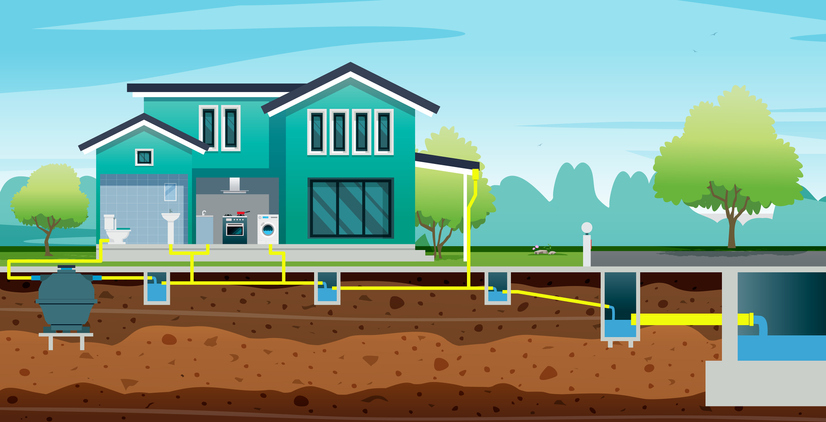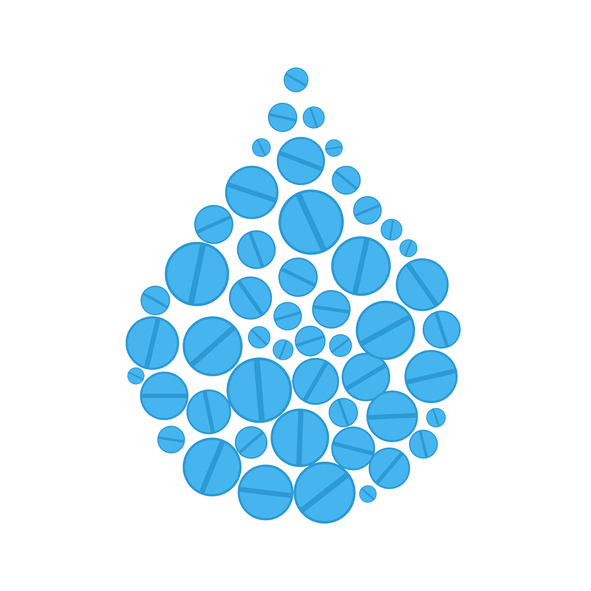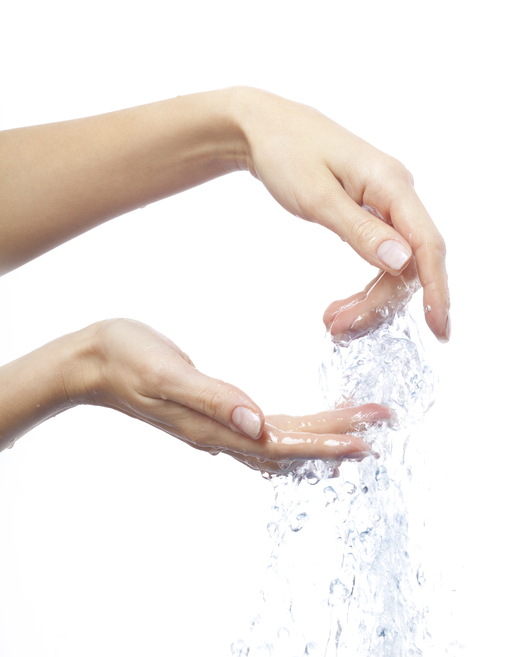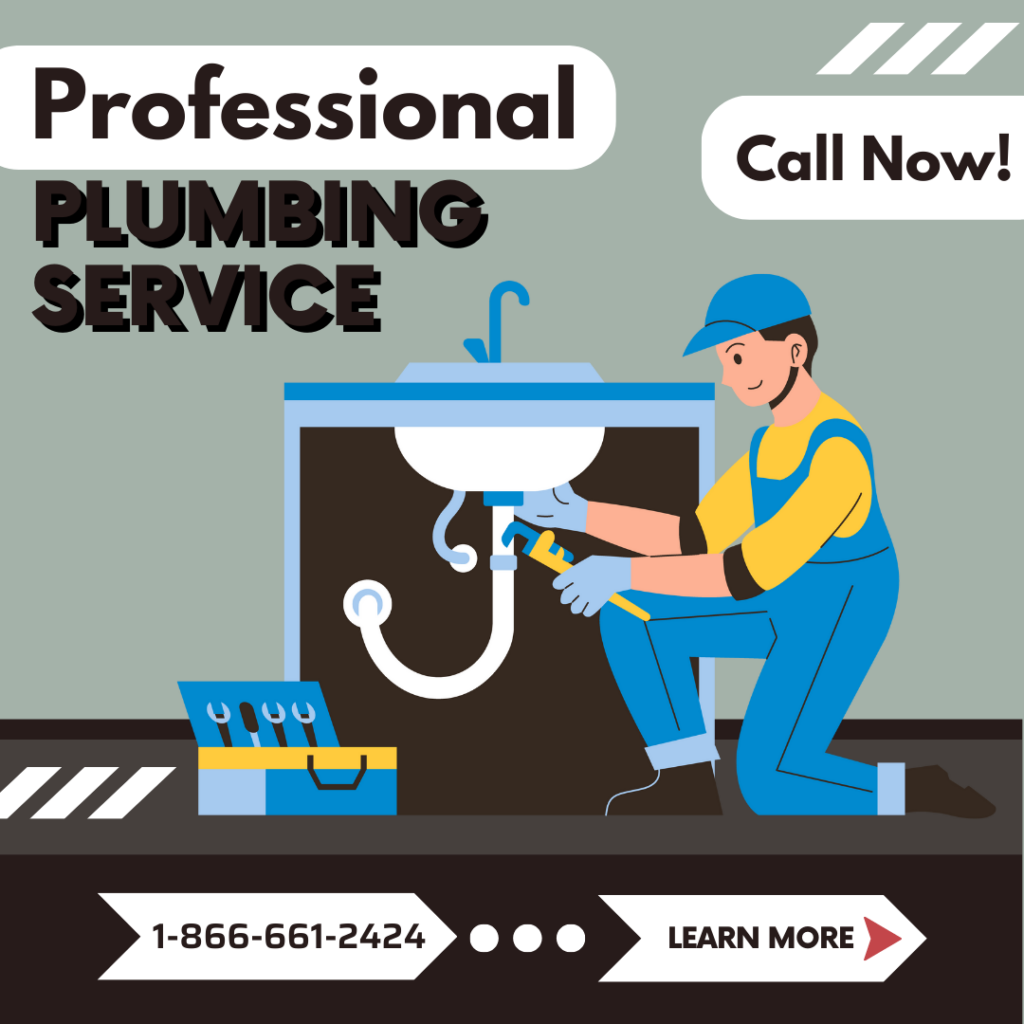What is Water Conditioning? What is a Water Softening?
Do you know the difference between water conditioning and water softening? If you’ve ever travelled and tasted the tapwater elsewhere, you’re likely tasting the differences in how the water is treated! Water quality is essential in our daily lives. So, having access to clean, soft water is crucial! That’s why Water conditioning and water softening are two common solutions to improve water quality.


Plumbing Medic is your trusted source of plumbing expertise and services. Check out our full list of services here, and discover how we can help prevent plumbing disasters through regular, affordable maintenance. Today, we will discuss what water conditioning and water softening services are, their differences, and their importance.
So, keep reading!
Why You Need to Treat Your Water
Water is a vital resource. Without it, life itself wouldn’t exist. However, we often take it for granted and assume that it is always clean and safe to use. Water quality can vary from region to region, and depending on where you live, you may experience hard or poor-quality water. This is where water conditioning and water softening come in.
So, how can you get the best possible quality of water? Well, you’ve got a few options! We’ll explore these next.
What is Water Conditioning?
Water conditioning is a process that changes the chemical structure of the minerals in hard water, making them less likely to stick to surfaces. Conditioning is an effective way to treat mild to moderately hard water, but it primarily addresses the chemical qualities of your water. While a water conditioner does soften water, it does not produce entirely soft water.


Why is water treatment so important? Well, if you enjoy crisp and fresh water, or are concerned with your skincare, it matters a whole lot! The benefits of water conditioning include improved water taste, increased lifespan of plumbing systems, and reduced maintenance costs.
It works by using a device that alters the form of minerals like calcium and magnesium, which cause hard water. Once the build-up is broken down, the minerals remain in the water in an altered form. This makes them less likely to stick to surfaces!
Types of Water Conditioners
If you’re considering water conditioning for your home, there are various types to consider. Each type uses a different method to treat hard water. With that, here are some common types of water conditioners:
- Electrically Induced Precipitation: This method uses an electrical current to precipitate hardness compounds in water. The hardness precipitate forms a soft sludge on an electrode that needs to be cleaned periodically.
- Electrochemical Water Treatment: This process uses electricity to dissolve hard minerals and other contaminants in water. The dissolved minerals are then removed through electrochemical reactions.
- Template-Assisted Crystallization: This technique uses surface-treated resin beads to convert dissolved hardness ions into microscopic, scale-resistant crystals. This system doesn’t remove hardness but transforms it into crystals that cannot form scales.
- Magnetic Water Treatment: This method passes hard water through a magnetic field to create microscopic crystals that will not form scale on plumbing and fixtures. However, there is no consensus on the effectiveness of this type of treatment.
Choosing the best water conditioner for your needs will depend on your water hardness levels, budget, and personal preference. Give us a call here if you’re unable to determine the best water conditioning system for your home. After all, that’s what the pros at Plumbing Medic are for!
What is Water Softening?
Water softening, on the other hand, is a process that removes the minerals that cause hard water. Water softening is effective in treating very hard water.
The purpose of water softening is to eliminate problems associated with hard water, like mineral buildup in plumbing systems, soap scum, and skin irritation. This can be a major problem if you or someone in your family is prone to acne! The benefits of water softening include cleaner dishes and laundry, softer skin and hair, and reduced maintenance costs.


Water softening works through a process known as ion exchange. The minerals are replaced with sodium ions, which do not cause hard water. Salt is an integral part of the process, although there are some salt-free water-softening options available.
Are you wondering if you need a water softener? Check out our article on the subject here for more information.
Differences Between Water Conditioning and Water Softening
The main differences between water conditioning and water softening are as follows:
- Water conditioning does not entirely remove minerals, whereas water softening does.
- It alters the form of minerals, whereas water softening removes them completely.
- Usually, water conditioning is less expensive than water softening.
- Lastly, water conditioning is suitable for mild to moderately hard water, whereas water softening is suitable for very hard water.
Now that we understand what these critical services are, let’s discuss why they are essential to your regular maintenance.
Importance of Water Conditioning and Water Softening
Hard water can cause many problems like mineral buildup in plumbing systems, soap scum on surfaces, and skin irritation. By treating your water, these problems can be eliminated or significantly reduced. Improved water quality also means cleaner dishes and laundry, softer skin and hair, and reduced maintenance costs. And who doesn’t love to save a dollar?
Treat Your Water With Plumbing Medic
The services we discussed today are two effective solutions to improve water quality. By investing in water conditioning or water softening, you can enjoy the benefits of cleaner, softer water for years to come. Remember, water conditioning alters the form of minerals, whereas water softening removes them completely. And depending on the hardness of your water and your budget, either solution may suit you. In the end, contacting an expert is the best way to determine which water treatment is right for your home.


So don’t hesitate, and give the Plumbing Medic a call at 1-866-661-2424!
